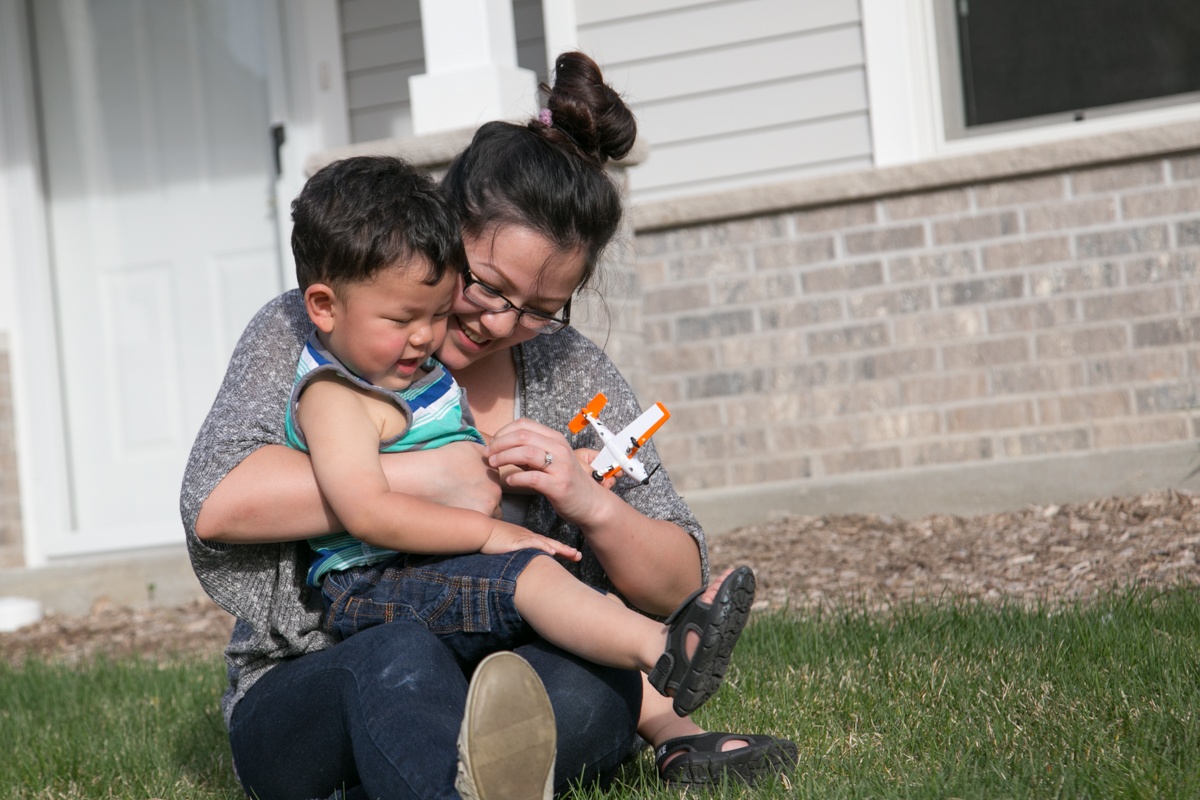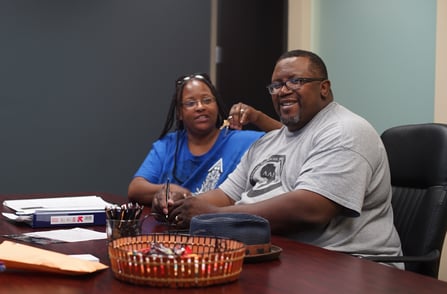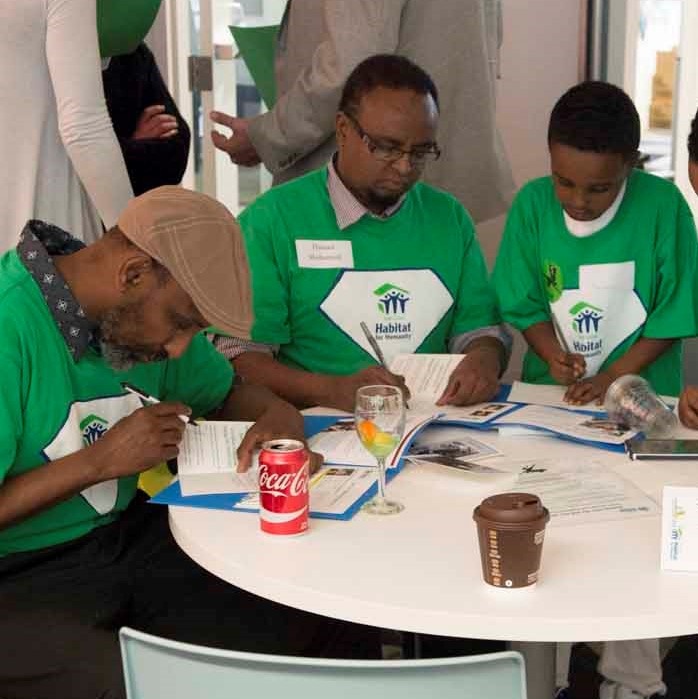First Home Checklist: Separating the Wants from the Needs [VIDEO]
You may have already practiced this skill in your everyday life. Can you think of a time when you were hungry and wanted to go out to eat, but...
2 min read
 Twin Cities Habitat for Humanity
:
11:00 AM on March 15, 2019
Twin Cities Habitat for Humanity
:
11:00 AM on March 15, 2019


Are you almost at the end of your current lease and thinking about apartment hunting? Before you begin searching for another short-term option, you may want to consider a more permanent housing solution — buying your own home!
Yes, you can afford your own home. And there are many resources to help — including the Twin Cities Habitat for Humanity Homeownership Program.
Besides the pride of homeownership, there are also financial benefits. Remember, all of the rent money for an apartment goes to the property owner, meaning the renter gets no future value from the money spent. Once the rent check is written, that money is gone for good. But with homeownership, the monthly mortgage payment is providing long-term benefits.
When making a mortgage payment, you’re basically paying yourself back. Your mortgage is a loan from the bank, so over time, you owe less and less on your home until you sell it or pay off the mortgage. Then, when you do sell, the money you get for the home is yours.
The value of houses often goes up. This is called “appreciation.” Your home’s appreciation over time can add up so that when you sell it, you get more money for it than you had to pay when you purchased the home.
Part of your monthly mortgage payment goes to property taxes and interest on the loan paid to the bank. These payments are tax-deductible, which means you may end up paying less in taxes than you would have by spending the same amount on rent instead.

When you own a home, you can do what you’d like to with the property. You can paint rooms a different color, put in different carpet, change lighting fixtures, and much more — without needing a landlord’s permission. It is worth noting, however, that certain additions/projects may require a special permit from the city or county.
If you have a fixed-rate mortgage, your monthly payment remains stable. When you rent, you often have to worry about a steady rise in rental costs.
Purchasing a home makes you a more permanent member of the community. This can help you feel more emotionally attached to and proud of the neighborhood, town or city that you live in.
There are even more benefits to owning a home, but it’s important to do your homework to understand everything involved in homeownership. Being prepared will help you plan ahead and make better decisions, especially whether or not now is the right time to buy a new home. Here are a few things to think about as you plan for transitioning from being a renter to a property owner:
As a homeowner, you’re responsible for all maintenance and repairs necessary to your property. So it’s important to save money for updates or unexpected repairs.
Because a mortgage is a long-term financial commitment, it’s important to have a stable source of income.
Even though you have the benefit of a fixed mortgage payment instead of rent costs that generally grow from year-to-year, mortgage payments can sometimes be higher than rent payments (depending on the cost of the home you’re purchasing, and a number of other factors).
You will need to save money for the up-front costs that come with buying a home, including a down payment, closing costs, and moving expenses.
So before you get too far into your next round of apartment hunting, take a look at the options available to help you buy your first home instead. It could be the best move you make!
Your gift unlocks bright futures! Donate now to create, preserve, and promote affordable homeownership in the Twin Cities.
![First Home Checklist: Separating the Wants from the Needs [VIDEO]](https://www.tchabitat.org/hubfs/images/Blog%20Images/AdobeStock_136536541.jpeg)
You may have already practiced this skill in your everyday life. Can you think of a time when you were hungry and wanted to go out to eat, but...

The process of buying a home is essentially the same as it's always been. But when there are a lot of people who want to buy and not enough homes...

Searching for your first home is so exciting, but it can also be a little overwhelming, especially if you're not sure what you want. The best thing...